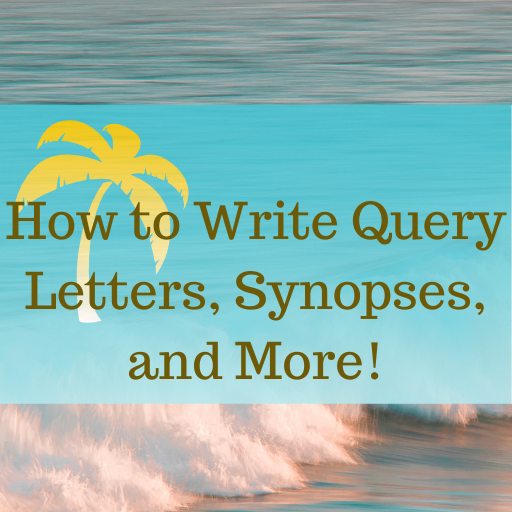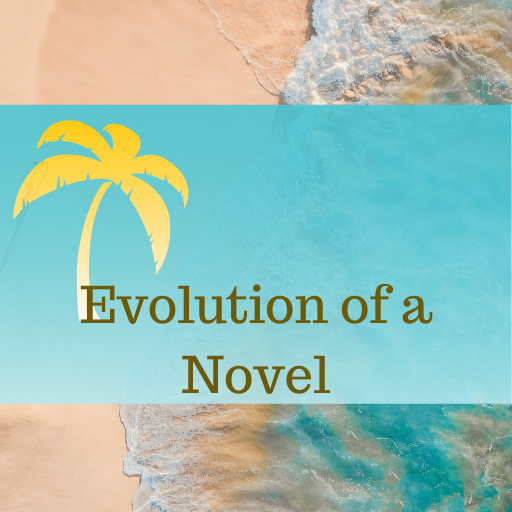Sharing a Platform in Query Letters
It’s a common suggestion for writers to be building and sharing a platform in query letters in order to build their own awareness and marketing foundation.
Tips for Sharing a Platform in Query Letters
From a writer: “I’m sending queries to agents regarding my memoir. I’ve noticed a lot of writers talking about the importance of platform, basically saying you can’t get a book deal without one. I don’t have a huge platform, but should I mention what I do have in my query?”
Platform = having a built-in way of reaching your audience, such as being the host of a popular television talk show
This is certainly an important piece of the traditional publishing puzzle, but it’s not a simple A = B calculation. Plenty of people with huge platforms see little success with their books while others with smaller platforms or no platforms at all go on to sell tons of books.
Platform is more important in regular nonfiction publishing (by which I mean things like self-help and how-to) than in creative nonfiction (memoir) and fiction because there is a clearer A = B connection there.
That is to say, people with a platform writing in the subject for which they have the platform (Oprah and living your best life stuff) tend to do better than people without.
Remember also that publishing is a business. An acquisitions editor (AE) can point to X number of Instagram followers and Y number of people who watch your television show as evidence that there will be an audience for your book; it makes her decision to publish your book defensible.
If you have no platform and the book fails, the publisher fires the AE for placing a bet on someone without a platform (and that’s assuming the AE could get such a project past the editorial committee in the first place, which is a great big if).
If you have a big platform and the book fails, the publisher and the AE drown their sorrows at the bar together. “What could we have done differently?” they’ll cry. “She has a great platform!”
I call this my CYA theory of acquisitions. The platform is important to some degree but it isn’t the most important thing in memoir, nor is it the thing that will make or break your chances for publication. Does having a huge platform improve your chances of publication? Yes. Does lack of one mean you’re doomed? No.
As far as the query is concerned, you’re just trying to get the agent/editor to request the proposal or sample chapters. You’re not (yet) trying to make an argument for publication. So, the bulk of the query is necessarily designed to pique the agent/editor’s interest so she requests that additional material.
All of that said, a brief sentence at the close of the query (when you’re saying a few words about yourself) that shows your new online project has a pretty large readership is not a bad idea. Can’t hurt, might help. But more important is showing how your memoir will be something readers can’t put down.
Tips for Editors & Writers
-
How to Create Defensible Edits
As a developmental editor, you need to know how to create defensible edits of a manuscript to help authors put out their best work. Tips for How to Create Defensible Edits When you’re doing a developmental edit—looking at the big-picture overview of a novel—you’ll generally be expected to provide two main services: The editing on…
-
When Is a Book Ready for Editing?
Both authors and editors have the same question at some point in the book writing / publishing process: When is a book ready for editing? So When IS a Book Ready for Editing? The creative process is not timely and linear, which is why, as an editor, I don’t book edits before an author’s manuscript…
-
Effective Client Communication for Book Editors
Managing client expectations is necessary for a successful business so here are my tips for effective client communication for book editors. My Top Tip for Effective Client Communication for Book Editors One way to avoid an unhappy client is to communicate all relevant information from the very beginning of your relationship with them. Clearly stated…
Join the Club!
New to story editing? Begin at the beginning.




